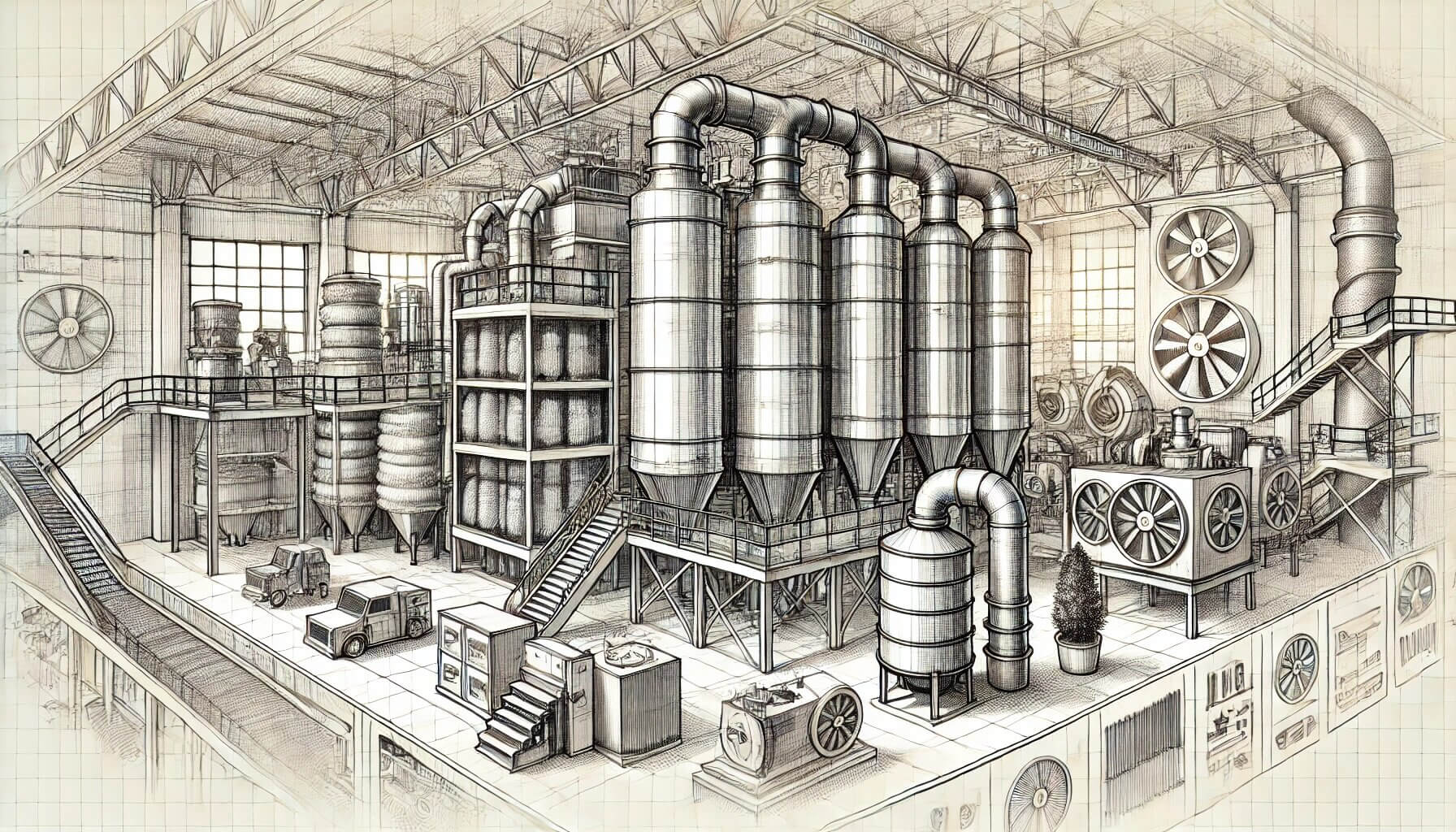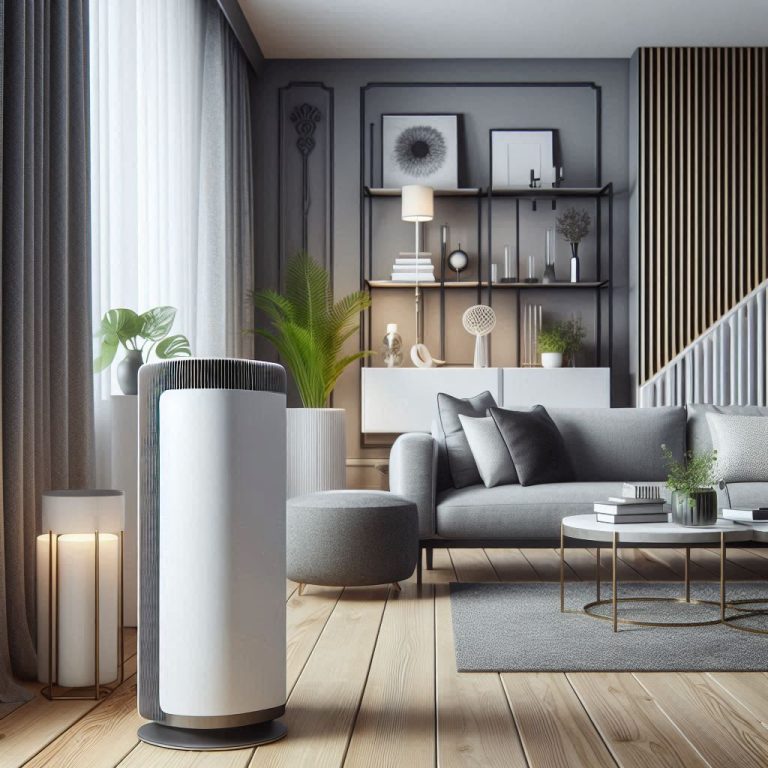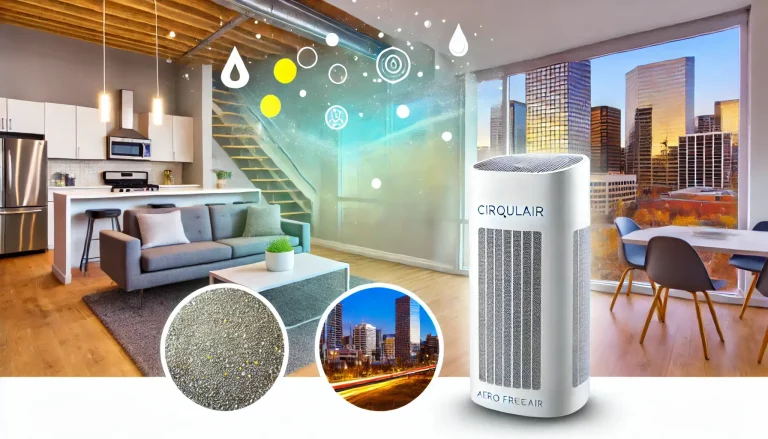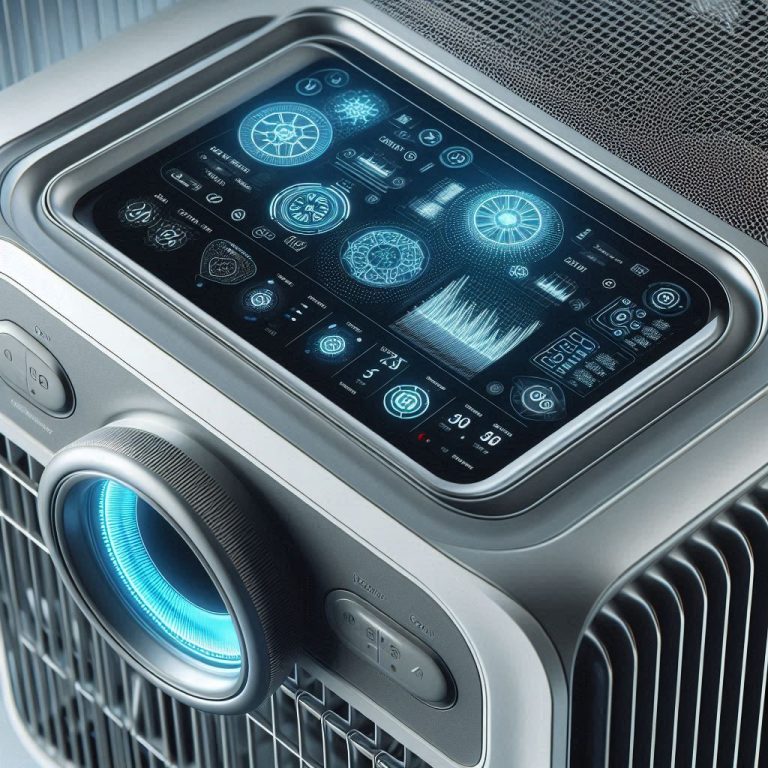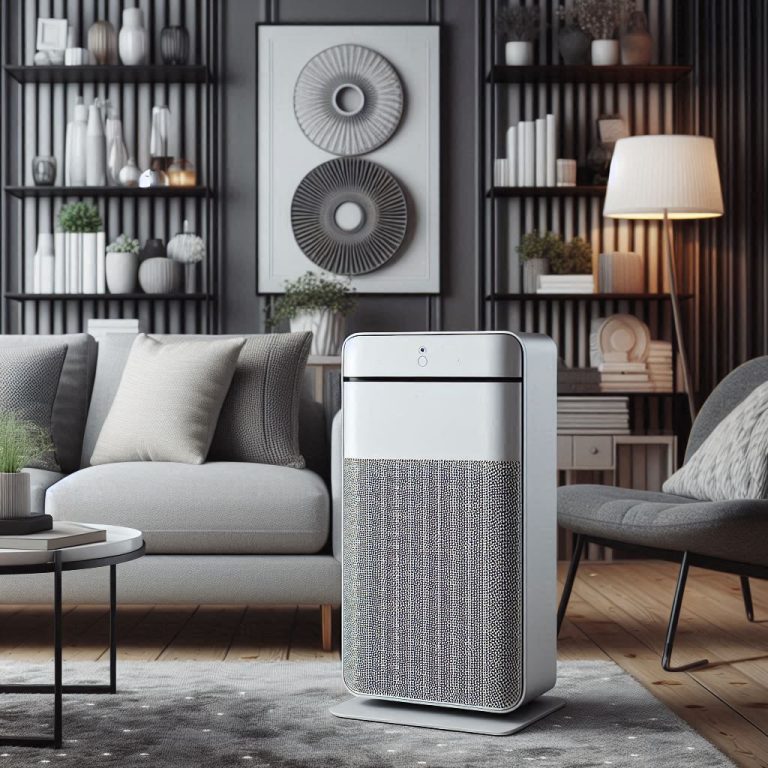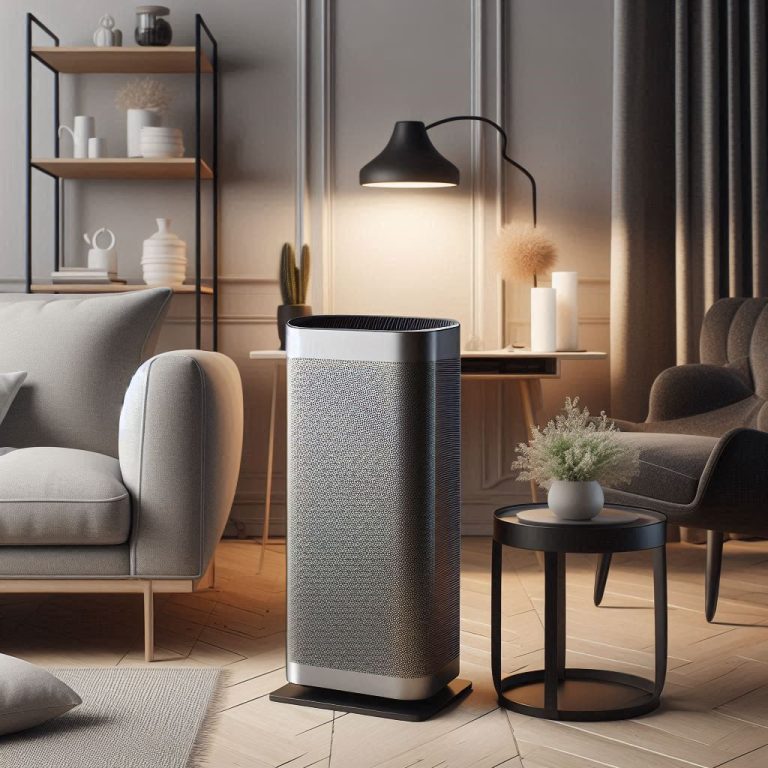Industrial Air Filtration Systems
Introduction
Industrial air filtration systems are essential for maintaining clean air in various industrial environments.
Whether you’re concerned about employee health, regulatory compliance, or equipment longevity, understanding industrial air filtration systems is crucial. In this article, you will learn:
- The importance of air filtration in industrial settings
- The benefits of proper air filtration systems
- The latest technologies and best practices in the field
Let’s dive into why air filtration is so important for industrial settings.
Importance of Air Filtration in Industrial Settings
Air quality is a significant concern in industrial environments due to the presence of dust, fumes, and other airborne contaminants. Implementing robust air filtration systems is crucial for several reasons:
Health and Safety: Poor air quality can lead to respiratory issues, allergies, and other health problems for workers. Ensuring clean air helps maintain a healthier workforce, reducing sick days and improving overall productivity.
Regulatory Compliance: Various industries must adhere to strict air quality standards set by regulatory bodies like OSHA (Occupational Safety and Health Administration) and the EPA (Environmental Protection Agency). Non-compliance can result in hefty fines and legal issues.
Industry-Specific Needs: Certain industries, such as pharmaceuticals, food processing, and electronics manufacturing, require exceptionally high levels of air purity to ensure product quality and safety. Contaminants in the air can compromise products and lead to significant financial losses.
For instance, in the pharmaceutical industry, airborne contaminants can affect the sterility of drugs, while in electronics manufacturing, dust particles can damage sensitive components. Thus, effective air filtration is not just about compliance but also about ensuring product integrity.
Benefits of Proper Air Filtration Systems
Investing in a high-quality industrial air filtration system offers numerous benefits:
Improved Employee Health and Productivity: Cleaner air reduces the risk of respiratory issues and other health problems, leading to a healthier and more productive workforce. Employees working in a clean environment are likely to have higher morale and job satisfaction.
Reduced Equipment Maintenance Costs: Dust and other airborne particles can accumulate in machinery, causing wear and tear and reducing efficiency. A good filtration system minimizes these issues, leading to lower maintenance costs and longer equipment lifespan.
Environmental Compliance: By ensuring that emissions meet regulatory standards, companies can avoid fines and legal repercussions. This compliance also enhances the company’s reputation as an environmentally responsible entity.
For example, a manufacturing plant that implemented advanced air filtration reported a 30% reduction in machinery maintenance costs and a significant drop in employee sick days due to improved air quality.
Types of Industrial Air Filtration Systems
There are various types of industrial air filtration systems available, each suited to different needs:
HEPA Filters: High-Efficiency Particulate Air (HEPA) filters are known for their ability to capture 99.97% of particles that are 0.3 microns in size. They are ideal for industries requiring high levels of air purity, such as pharmaceuticals and electronics.
Electrostatic Precipitators: These devices use an electric charge to remove particles from the air. They are effective for capturing smoke, dust, and other fine particles, making them suitable for industries like metalworking and cement production.
Baghouse Filters: These systems use fabric filter bags to capture dust and other particles. They are commonly used in industries with high dust generation, such as mining and woodworking.
When choosing a system, consider factors such as the type of contaminants, the required level of air purity, and the specific needs of your industry. For instance, a pharmaceutical plant might prioritize HEPA filters for sterility, while a metalworking shop might opt for electrostatic precipitators for smoke and dust control.
Emerging Technologies in Air Filtration
The field of air filtration is constantly evolving, with new technologies offering improved efficiency and effectiveness:
Nano-Fiber Filters: These filters use fibers at the nanometer scale to capture even the smallest particles. They offer higher efficiency and longer life than traditional filters.
UV-C Light Purification: Ultraviolet light can be used to kill bacteria and viruses in the air. This technology is increasingly used in healthcare and food processing industries to ensure sterile environments.
IoT-Enabled Filtration Systems: The Internet of Things (IoT) allows for real-time monitoring and management of air filtration systems. Sensors can detect changes in air quality and adjust the system automatically for optimal performance.
Companies adopting these technologies often see significant improvements in air quality and operational efficiency. For example, a food processing plant implementing UV-C light purification reported a 50% reduction in microbial contamination.
Maintenance and Best Practices
Regular maintenance is crucial to ensure the effectiveness of air filtration systems:
Scheduled Inspections: Regularly inspect filters and other components for wear and tear. Replace filters according to the manufacturer’s recommendations to maintain optimal performance.
Proper Cleaning: Clean the system components as needed to prevent buildup of contaminants. This helps maintain efficiency and prolongs the life of the system.
Monitoring Systems: Use monitoring tools to track air quality and system performance. Address any issues promptly to avoid operational disruptions.
Common mistakes to avoid include neglecting regular maintenance, using the wrong type of filter for your needs, and failing to monitor system performance. A well-maintained system not only ensures compliance and safety but also extends the lifespan of the equipment.
Conclusion
In summary, industrial air filtration systems are essential for maintaining a safe and productive work environment. They provide numerous benefits, including improved employee health, reduced equipment maintenance costs, and compliance with environmental regulations.
By understanding the different types of systems, keeping up with emerging technologies, and adhering to best practices for maintenance, companies can ensure optimal air quality in their facilities.
As a next step, consider exploring specific air filtration products that meet your industry’s needs or consulting with an expert to design a customized filtration solution for your facility.
Are You Happy Knowing That Every Other System Only Captures 10% Of Airborne Particles?
Breathe Clean, Live Better! Upgrade to our Advanced Air Purifying System today and eliminate 100% of ultrafine particles down to 1 nanometer in one pass. Don’t compromise on your family’s and employee’s health. Act now and transform your indoor air quality!

